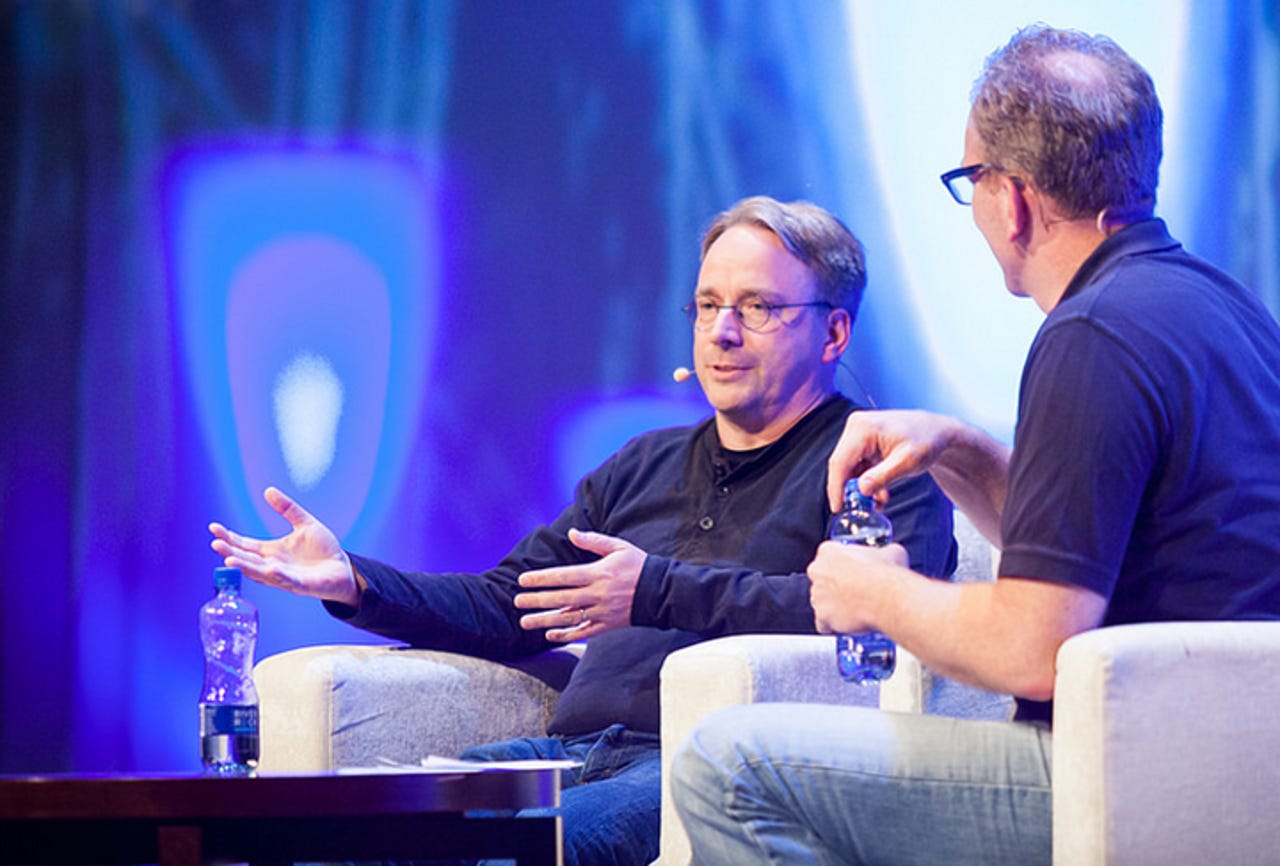Linus Torvalds would like to see an ARM laptop, but he doesn't expect it

Recently, Linus Torvalds, Linux's inventor, spoke at LinuxCon Europe in Dublin and said, "I'm happy to see that ARM is making progress. One of these days, I will actually have a machine with ARM. They said it would be this year, but maybe it'll be next year. 2016 will be the year of the ARM laptop."

Well, yes, Torvalds did say that, but what wasn't caught was the tone he said it in.
On his Google+ feed, Torvalds explained, "'On the Internet, nobody can hear you being subtle,'" And, he continued, "apparently you can replace 'Internet' with 'stage.'"
He went on to say he didn't mean "Next year is the year of the ARM laptop" to be taken at face value.
Laptops
The real point that Torvalds "was trying to make (and clearly failed at)" is that " I've been waiting for widely available ARM kernel development machines for years now, but it seems to always be 'next year.'"
What Torvalds is really "hoping" for is that "we'll actually see a real ARM (well, preferably ARM64) machine one of these days that you can actually develop on, rather than treat just as a development target. The Rasberry PI's, Beagleboards etc are all fun, and all the cellphones and Chromebooks are clearly selling well, but as a developer I feel something is still missing in the market."
That missing something is a Linux desktop. Torvalds still wants a Linux desktop.
I consider the odds are stacked against the Linux desktop. That said, it would be nice to have ARM-powered Linux laptops. Unlike Microsoft, whose cut-down version of Windows -- Windows RT -- failed on the ARM-powered Surface RT, full-powered Linux can run on ARM processors.
Indeed, Red Hat, SUSE, and Canonical are all pushing forward with Linux on ARM servers. The Linux-powered ARM desktop, however, doesn't have any strong backers -- except, of course, for Torvalds. But, at the end of the day, Torvalds is just a software developer, not a hardware vendor.
Related Stories: